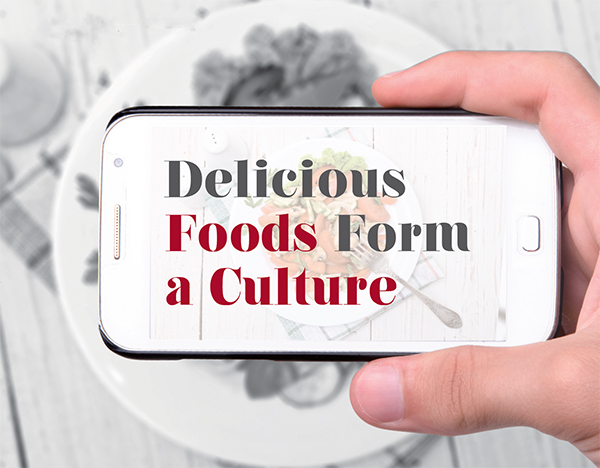
In the past, few people were interested in finding delicious restaurants for enjoyment. They mostly ate food that was easy to get or convenient to make. However, people these days look for famous restaurants and eat new kinds of food. Whenever we search for tasty food on SNSs, there are many postings introducing good meals. But are they reliable? Many problems have arisen due to the appearance of this new food culture.
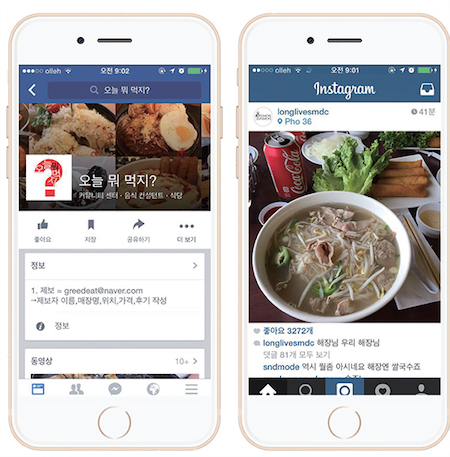
Feel Your Taste? Show It!
As you surf Facebook, Instagram, or other blogs, there are hundreds of food images with descriptions. Many people post reviews about restaurants or delicious meals. They write down their experience at restaurants and recommend good dishes. Whenever you search for information about certain restaurants or food, you can read those descriptions and be influenced by the words. About 23% of blogs are related to food, which is a huge increase compared to last year.1 The result implies that more and more people are interested in finding new restaurants and they rely on the information from SNSs postings. Also, at Sookmyung, many students take pictures of food at the restaurant where they are eating. They upload the pictures on their SNSs and provide their own rating of the food.
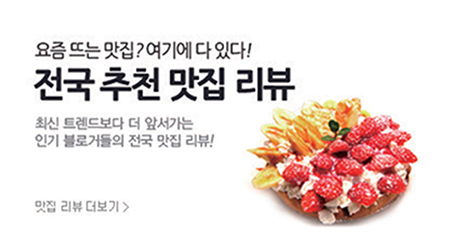

An Empty Shell
Even though these kinds of blog postings are hot at the moment, there are some drawbacks that have started to appear. First of all, not all food postings on SNSs such as Facebook or Instagram are reliable or provide accurate information about a particular restaurant. People post about food and restaurants though they are not professional critics or reporters. Most of the comments are only personal thoughts and recommendations about the food they have eaten, which is a real big problem. The information cannot be verified since it is from one’s personal experience. There are a number of cases in which the restaurant differed from the SNS posting. According to one whistle-blower, “I visited one restaurant based on information about a chicken dish I saw on my smart phone. But the food was totally different from what I had seen on the blog posting.”2 There is a huge possibility that people will exaggerate or make up information rather than provide exact data. Many university students post their food pictures on SNSs out of pure emotion at the time without precise information about the food or restaurant itself. Lee Hyunmoo, School of Communication and Media ’14, said, “Whenever I post my food pictures on Facebook, I don’t actually think carefully about the information itself. I just post them to show others what I ate.” These types of postings have made SNS or blog reviews unreliable. Some even contain incorrect information in terms of restaurant location or operating hours. Also, pictures are often exaggerated as students alter them with image adjustment techniques. Even though the food may not be delicious, the photographers can correct the pictures using smartphone applications or other computer techniques. This actually deceives viewers. It makes them misunderstand that the food is really tasty that they should visit the restaurant to eat the food.
Moreover, there are some students who irrationally write reviews on their blogs because the owner of a restaurant has requested them to create one. When they visit the restaurant, some of the staff ask guests to write a review that shows the restaurant in a very positive light to ensure future sales. They provide better service to the guests in order to ensure the bloggers post delicious images of the food. Since most bloggers are young adults like university students, they frequently say ‘yes’ to this irrational request. The idea of better service, regardless of food quality, tends to inspire the young adults to do as the restaurant hosts ask. According to one blogger, “I tend to exaggerate my food postings positively because the owner of the food establishment provides better service. Also, when I get complementary items, I feel obliged to upload great images.”3 This fraudulent act produces false information. This harms other people who surf the internet for reliable and accurate information before they visit a particular restaurant for its tasty food.
Lastly, because most people are concerned with posting images of delicious food, they lose the opportunity to enjoy the food itself. Before eating, most people try to take incredible pictures. Until they get the best picture, they never start eating. Kim Yoona, Division of Business Administration ’13, said, “Whenever I go to a restaurant with my friends, some of them always take pictures of the food as it is served. They never let me eat until they have a great shot.” Even though posting images of food can be enjoyable and allows people to share their experience with others, people lose the chance to ‘enjoy eating.’ People go to restaurants is to eat food, but society’s obsession with postings about food blocks the chance to enjoy that particular time. It appears like taking food pictures is merely for ‘showing’ off to others rather than ‘enjoying.’
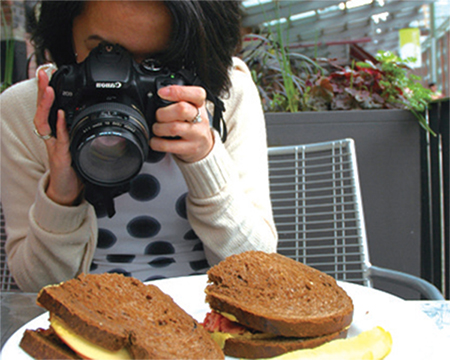
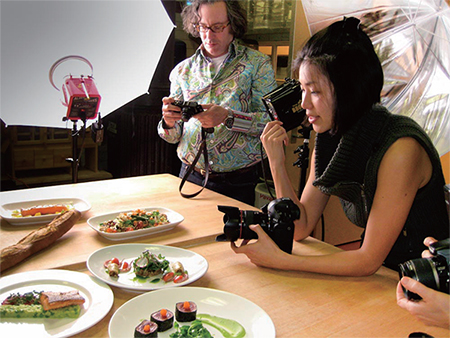
Make It Genuine
In order to solve these drawbacks, society needs to change this food culture. Firstly, people should consider if the pictures truly reveals the truth itself. Those who look for new kinds of foods surf the internet and read reviews from posting. If those blogs don’t provide authentic information, many people are not benefiting from them. Also, more and more people will stop searching your postings once they realize they are fake. In order to be trusted blogger, we should post wisely when we post reviews about particular food at restaurants.
Moreover, providing false information just because of a request from the owner is immoral. Even though we are asked to write a positive review, we should be rational as a food critic. One blogger accused an owner of forcing guests to posts reviews in a recklessly positive way. When the owner admitted to the happening, the blogger was praised by many people who were surfing the internet for information.4 Everyone needs to act like this blogger to maintain integrity in SNS postings. Benefiting each other is the gual and results in a win-win relationship between blogger and internet surfer.
Lastly, we need to recognize that eating food and finding new restaurants is one of life’s happiness; it’s not for others. Even though taking pictures of food and posting them is fun, we should not be obsessed with those things before we sit down to enjoy the meal. Food is a pleasure, not for posting and showing. Postings should come secondary. Lee Gyuhee, a student in Dongkook University, said, “I try to make my friends eat as soon as the food is served. Eating joyously at the moment is much more important than taking a great shot.”
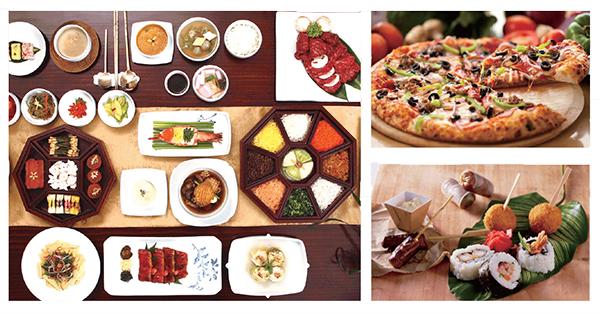
Forming Your Own Taste Road
Food blogs and SNS pictures are all great when you search them; however, they would be much more beautiful if we used them honestly. The most important aspect is to provide verified information to others. Food reviews can move other people to act after reading a posting. Also, those SNS food pictures trigger others to find the restaurant you’ve highlighted. So remember to post reviews only if you are ready to be honest.
1 Kim Hyunjoo, “Power Blog with Food Postings,” Segye-Ilbo, November 5, 2014
2 Kim Juyoung, “Totally Different Restaurant from What We’d Imagined,” Hankyung News, November 10, 2014
3 Ahn Saekyung, “Restaurants Made by Bloggers, Mostly Requested,” Channel A, November 7, 2014
4 Kim Minsuk, “Restaurant Owner Regrets Requesting Power Reviews,” Kookmin-Ilbo, August 29, 2014


